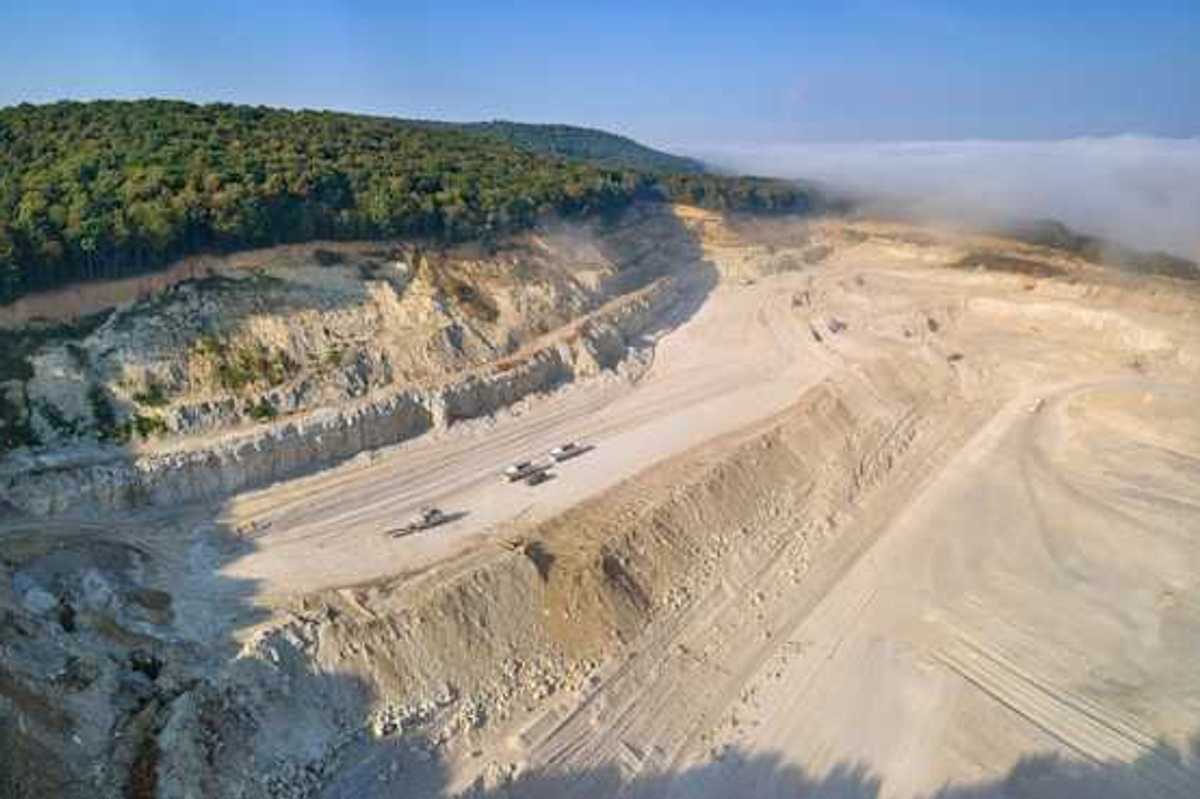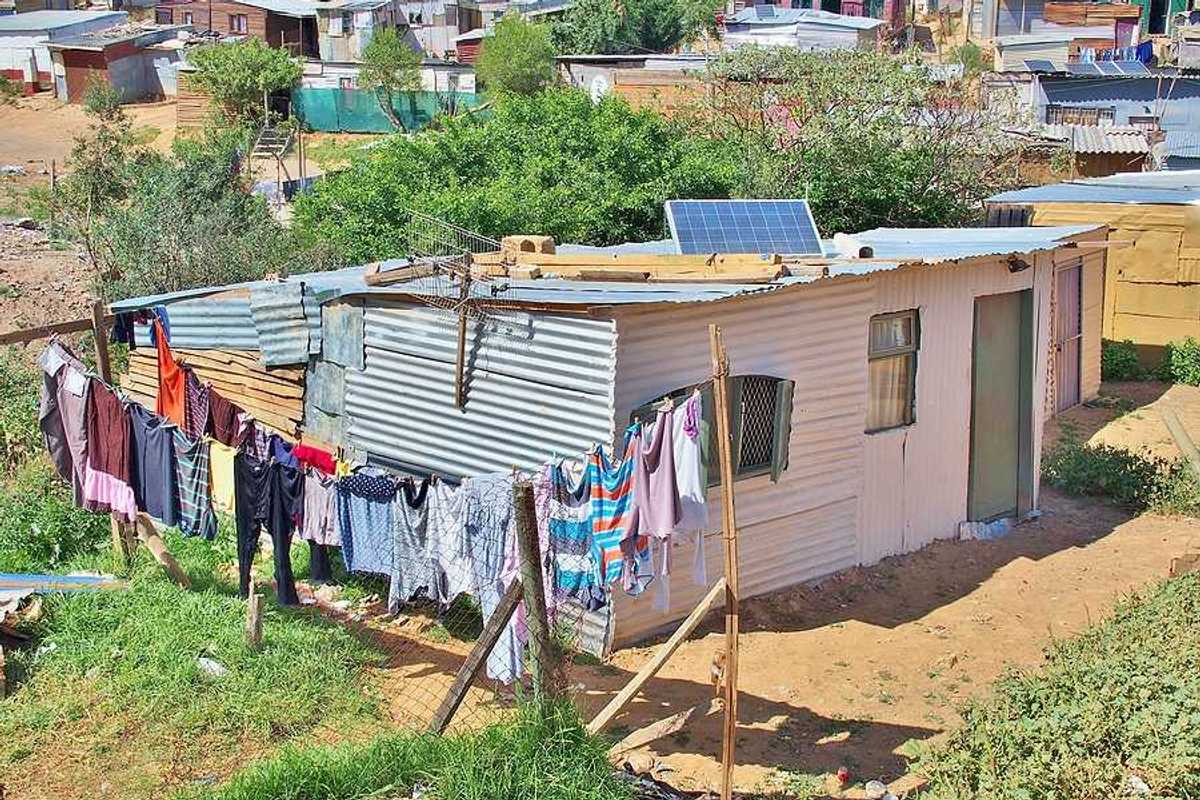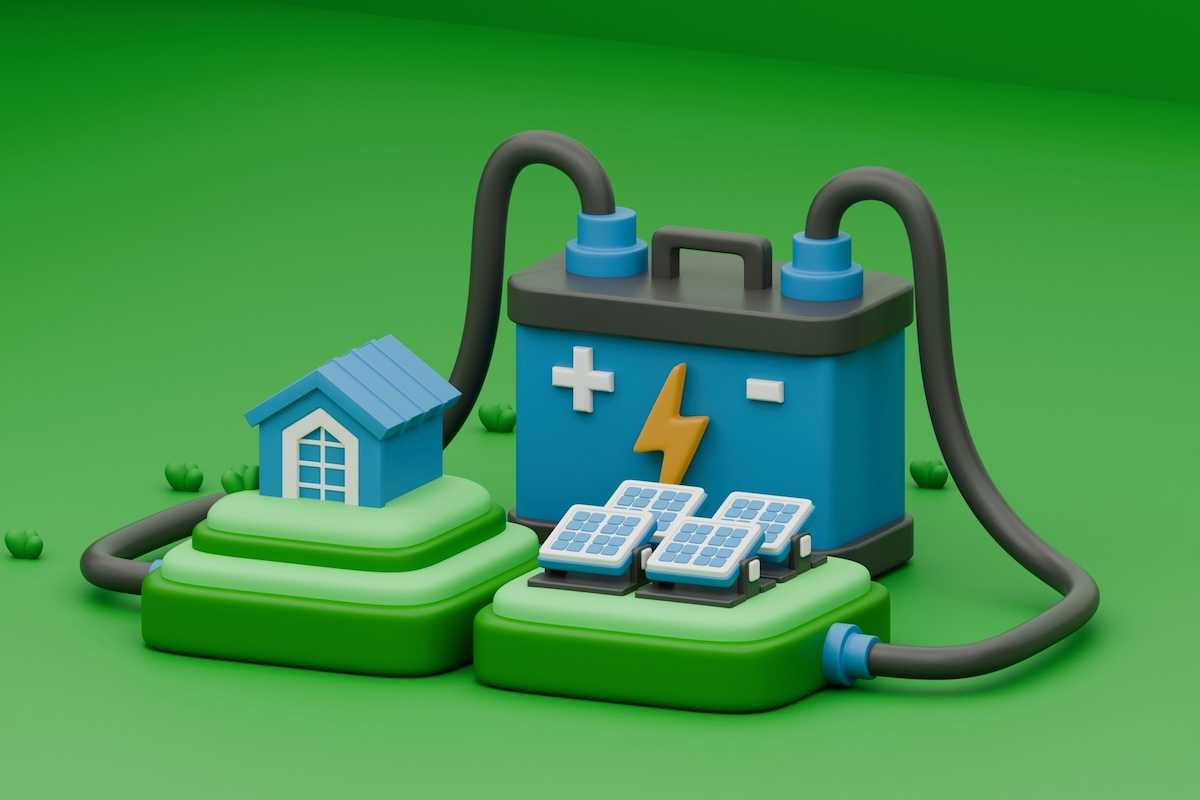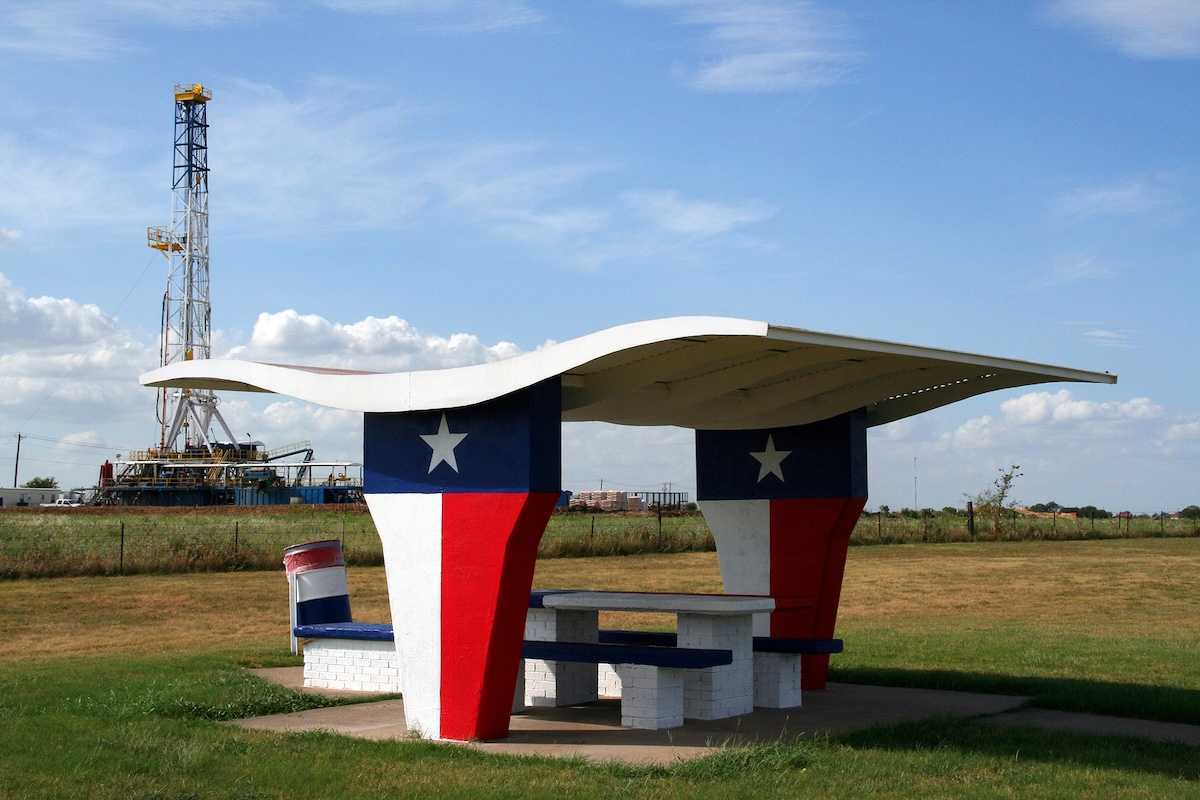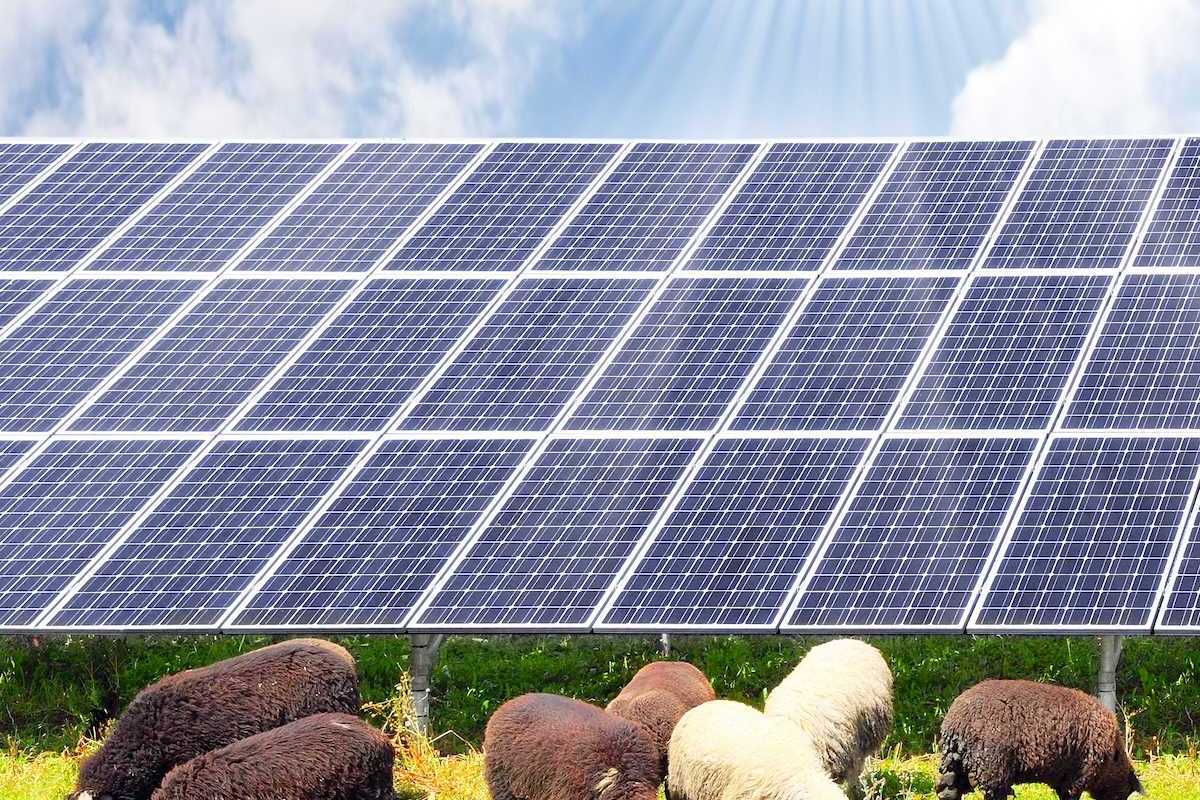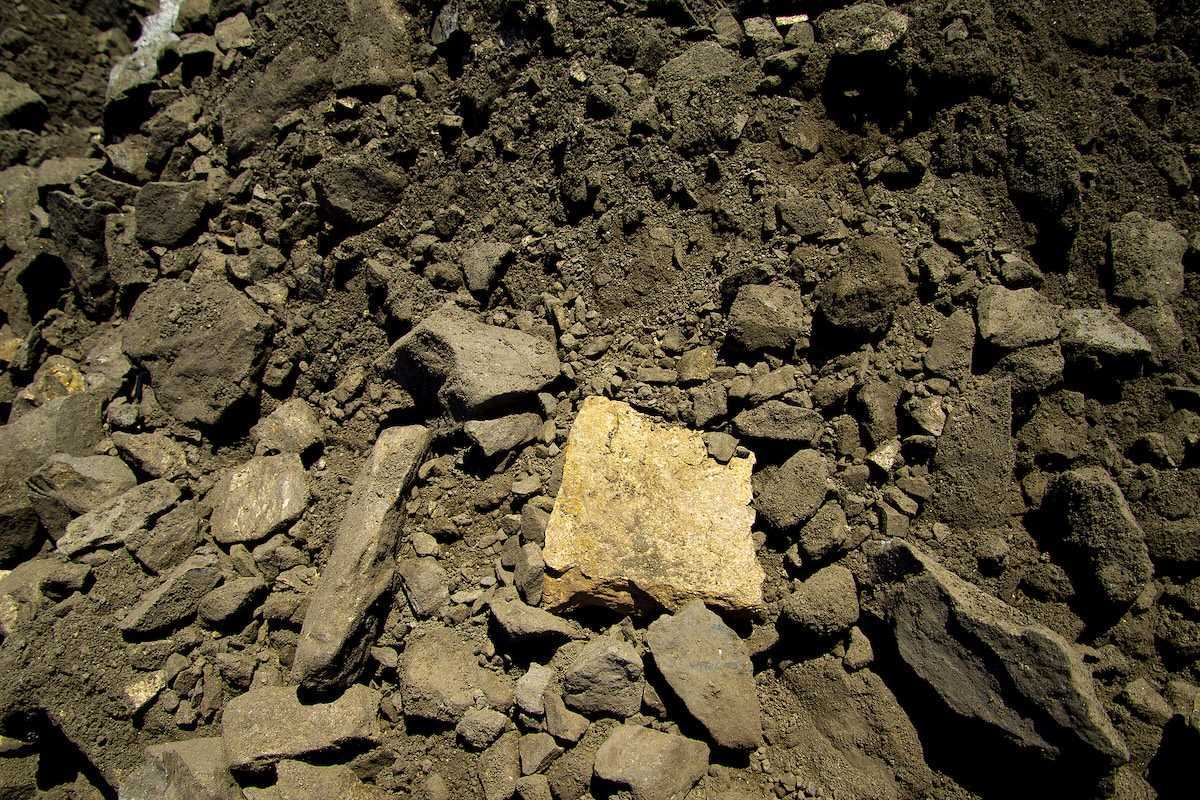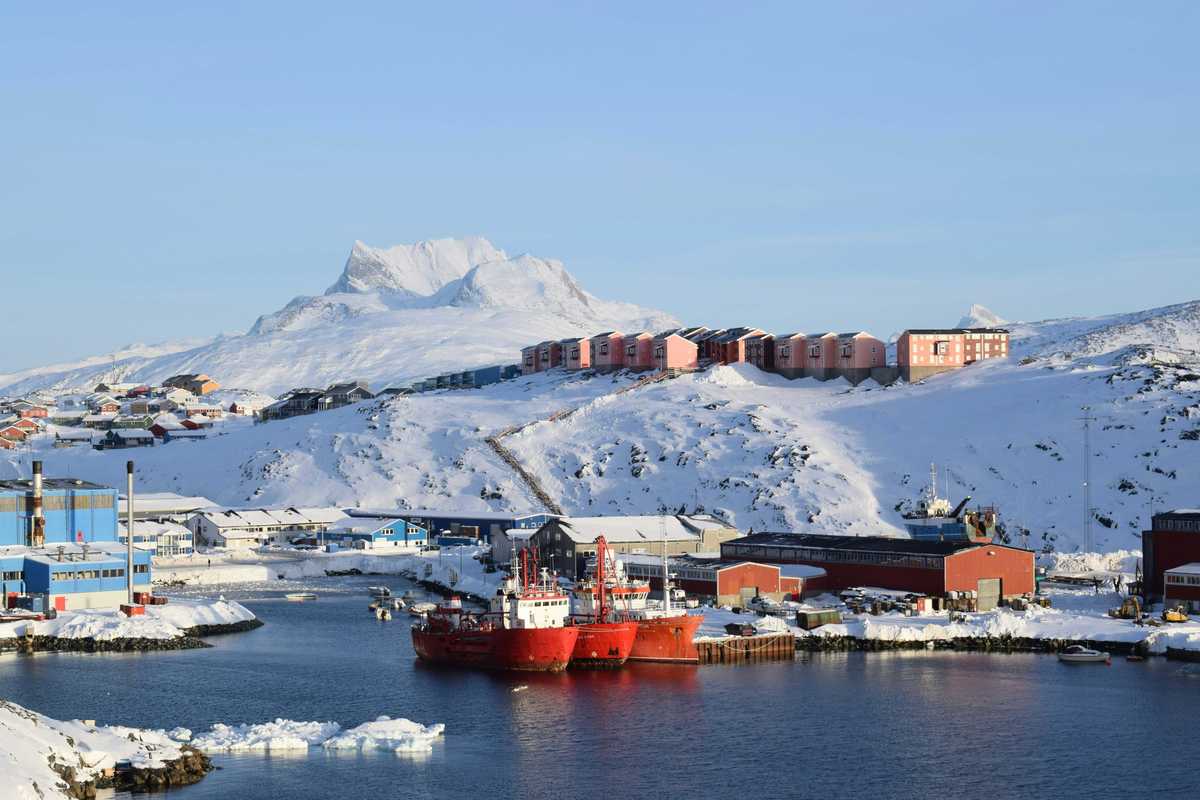Framing climate action as “doing more good” instead of “doing less bad” makes people more willing to act and feel better about it, a study finds.
Newsletter
Wheat straw and rice husks already appear in niche construction products. A new study explores the global climate effects if they went mainstream.
The UK has been warned that cutting climate financing for poorer countries would be an “act of self-harm” that would hinder its global influence and damage food security.
Energy Star, the program that helps guide consumers to more energy-efficient appliances and electronics, has survived President Donald Trump’s attempt to kill it.
The Crawford Nickel mine outside Timmins, Ontario, is receiving millions of public dollars to figure out how to lower greenhouse gas emissions.
The China Electricity Council says that, by the end of 2026, wind and solar will account for nearly half of China’s power capacity.
Solar power is expanding rapidly across Africa, with some countries now generating a significant share of electricity from the sun, but energy poverty, battery risks and rising costs threaten future growth.
Even as Australia appears to have passed the peak of solar uptake, demand for batteries is seemingly headed into orbit.
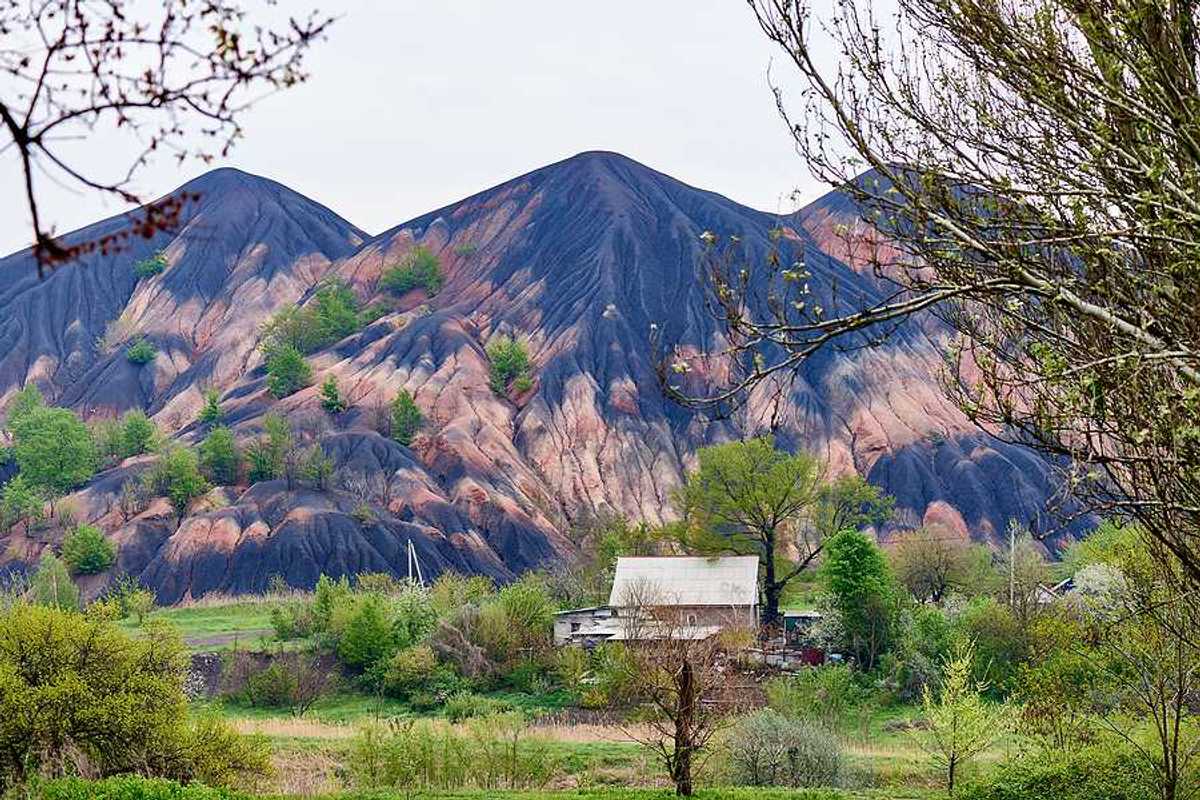
A coal town reborn
06 February
Once synonymous with mining, this northern French town has become a model for how to sustainably transition away from fossil fuels.
States and financial bodies using modeling that ignores shocks from extreme weather and climate tipping points.
The court ruled that it was unconstitutional to bar state agencies from investing with firms that the state had accused of boycotting the oil industry.
Dozens of public comments opposing the $98 million Crossroads Solar project appear to be fabricated. Ohio’s siting board may block the project anyway.
As the climate crisis intensifies, interest in solar engineering is increasing, including among private companies and investors. But the technique is controversial and lacks regulation.
Science journalist Adam Becker speaks with DeSmog about how Silicon Valley tech billionaires have invented new forms of greenwashing and climate denial in their quest for ever-more fantastic technology.
The Crawford Nickel mine outside Timmins, Ont., is receiving millions of public dollars to figure out how to lower greenhouse gas emissions
The recently enacted High Seas Treaty offers an opportunity to protect the ocean like never before.
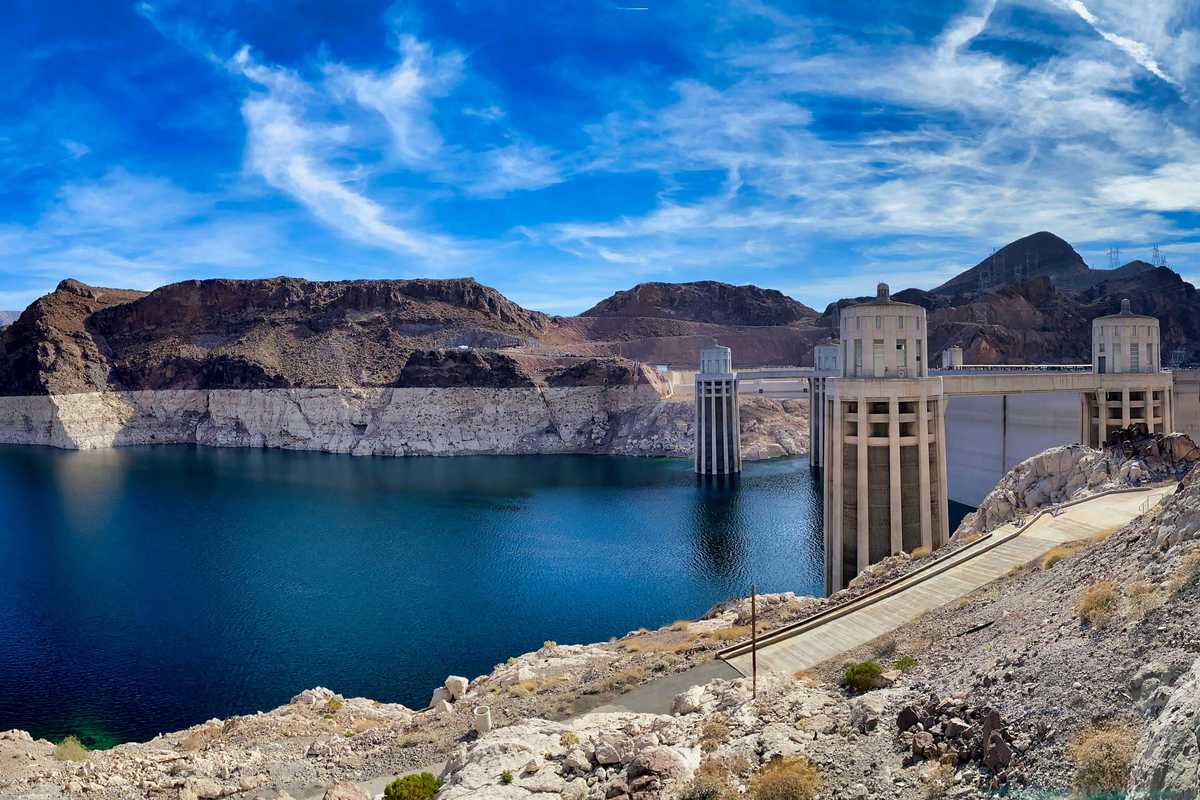
Warmer water in Lake Mead risks vital operations
05 February
Rising water temperatures across the Colorado River and its reservoirs are creating new challenges for water treatment operations in Lake Mead and hydropower production at Hoover Dam.
Experts say the U.S. is underestimating the difficulties of mining in a rapidly changing Arctic region that is warming faster than anywhere else on Earth.
Journalism that drives the discussion
Copyright © 2017 Environmental Health Sciences. All rights reserved.
Copyright © 2017 Environmental Health Sciences. All rights reserved.





